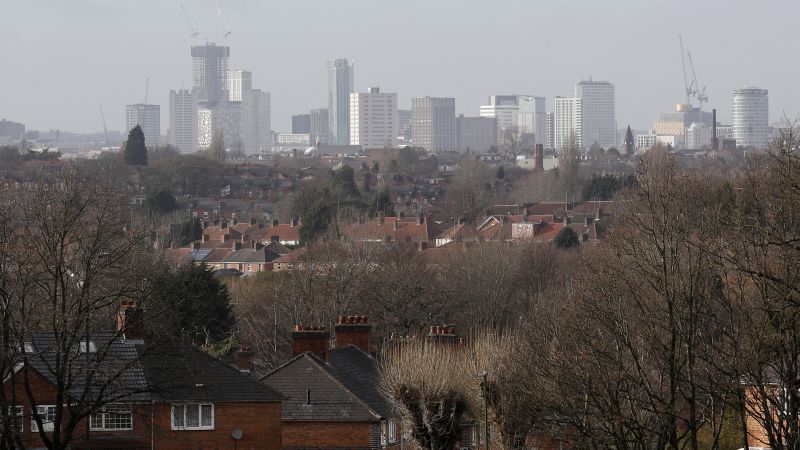Britain’s second-biggest city effectively declared itself bankrupt on Tuesday, shutting down all nonessential spending after being issued with equal pay claims totaling up to £760 million ($956 million).
Birmingham City Council, which provides services for more than one million people, filed a Section 114 notice on Tuesday, halting all spending except on essential services.
The deficit arose due to difficulties paying between £650 million (around $816 million) and £760 million (around $954 million) in equal pay claims, the notice report says.
The city now expects to have a deficit of £87 million ($109 million) for the 2023-24 financial year.
Sharon Thompson, deputy leader of the council, told councilors on Tuesday it faces “longstanding issues, including the council’s historic equal pay liability concerns,” according to the United Kingdom’s PA Media news agency.
Thompson also blamed in part the UK’s ruling Conservative Party, saying Birmingham “had £1 billion of funding taken away by successive Conservative governments.”
“Local government is facing a perfect storm,” she said. “Like councils across the country, it is clear that this council faces unprecedented financial challenges, from huge increases in adult social care demand and dramatic reductions in business rates incomes, to the impact of rampant inflation.”
“Whilst the council is facing significant challenges, the city is very much still open for business and we’re welcoming people as they come along,” she added.
A spokesperson for UK Prime Minister Rishi Sunak told reporters on Tuesday: “Clearly it’s for locally elected councils to manage their own budgets.” The spokesperson added that the government has been “engaging regularly with them to that end and has expressed concern about their governance arrangements and has requested assurances from the leader of the council about the best use of taxpayers’ money.”
The council’s leader John Cotton elsewhere told the BBC that a new jobs model would be brought into the council to tackle the equal pay claims bill.
The multicultural city is the largest in central England. It hosted last year’s Commonwealth Games, a major sporting event for Commonwealth countries, and is scheduled to hold the 2026 European Athletics Championships.



deleted by creator
You can only starve a government body of funding – making it muddle along depleting its reserves and selling off assets – for so long until a final bill tips it over the edge, so I’d argue that if it wasn’t this bill it would be another bill.
Other councils took risky approaches to replace money cut under Austerity:
https://www.theguardian.com/politics/2023/jun/07/woking-council-declares-bankruptcy-with-12bn-deficit